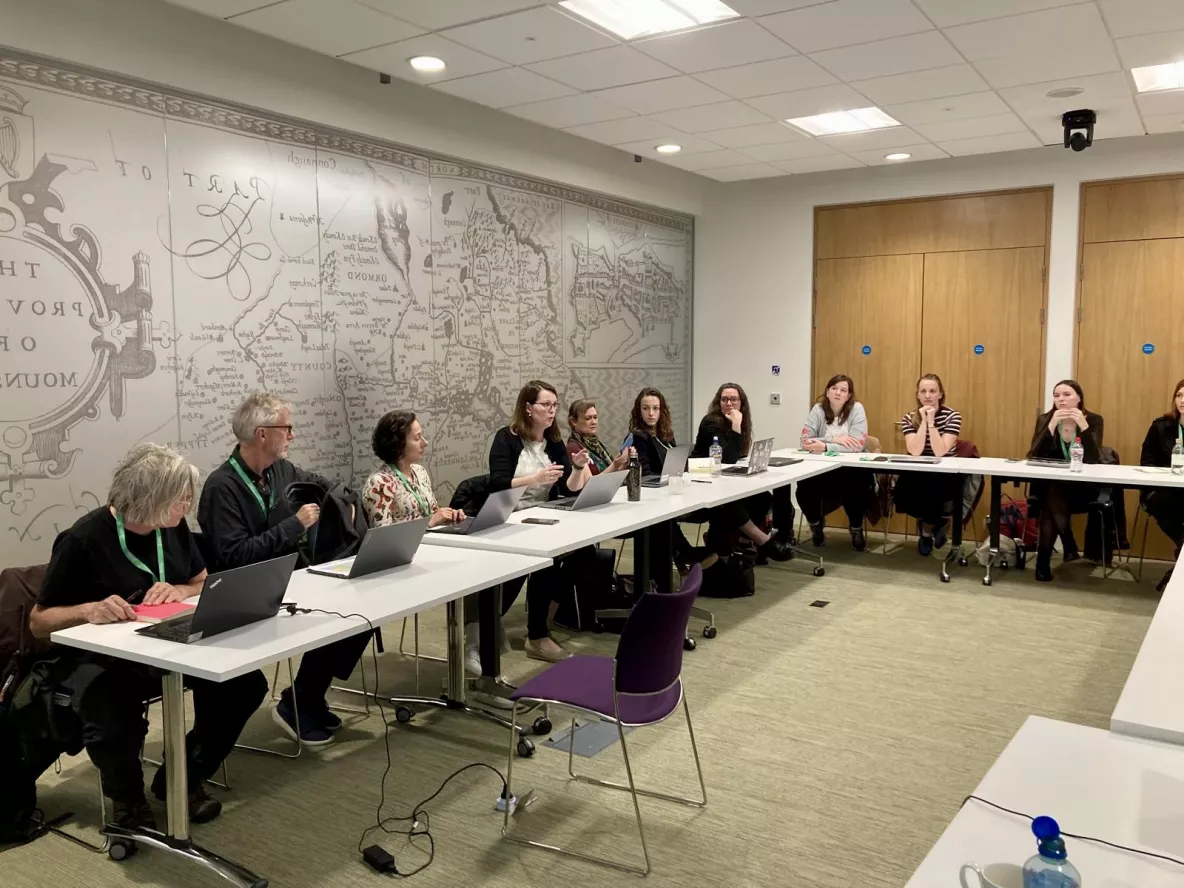
Blended Intensive Programmes (BIPs) under Erasmus+ offer innovative short-term learning experiences, combining physical mobility with online collaboration. Aimed at enhancing international cooperation, BIPs allow students, educators, and professionals to engage in cross-border education, integrating digital tools to facilitate dynamic collaboration. These programmes foster intercultural exchange while developing skills crucial in today’s globalised world. Whether for academic or professional development, BIPs are a key part of Erasmus+ initiatives to promote inclusive and forward-thinking education.
Dr. Maria Rieder, Assistant Dean for Equality, Diversity, and Inclusion (EDI) at the University of Limerick’s Faculty of Arts, Humanities, and Social Sciences, led the first Erasmus+ BIP for teaching staff. The Trauma-Sensitive Teaching BIP, coordinated by the University of Limerick, brought together 19 academic staff and early career researchers from eight partner institutions: the University of Flensburg (Germany), Rennes 2 University (France), Inland Norway University of Applied Sciences (Norway), the University of A Coruña (Spain), Democritus University of Thrace (Greece), Neapolis University Pafos (Cyprus), and the University of Matej Bel (Slovakia).
The programme explored tools, resources, and best practices for addressing trauma-related challenges in diverse classrooms. Participants researched inclusive pedagogies and trauma-informed teaching, reviewing and documenting strategies that promote trauma identification, mitigate trauma triggers, and foster inclusion. The initiative held online and five days in person at UL in May 2024 culminated in the development of a resource toolkit to assist academic and support staff in creating trauma-sensitive learning environments.
Recognising the lack of resources tailored for third-level education, experts from multiple disciplines, including Psychotherapy, Psychology, Pedagogy, and Technical Communication, collaborated on enhancing trauma-informed teaching at higher education institutions. The resources developed through this BIP, now published and accessible [here](https://www.trauma-sensitive-teaching.org/home), are designed to support third-level educators and focus on six key learning outcomes:
1. Understand concepts of inclusivity in the classroom.
2. Define and identify trauma.
3. Recognize how students' traumatic experiences may affect learning and behaviour.
4. Identify appropriate responses and resources for students who have experienced trauma.
5. Implement strategies to foster a welcoming, inclusive classroom environment.
6. Design curricula and pedagogy that minimise potential challenges in learning settings.